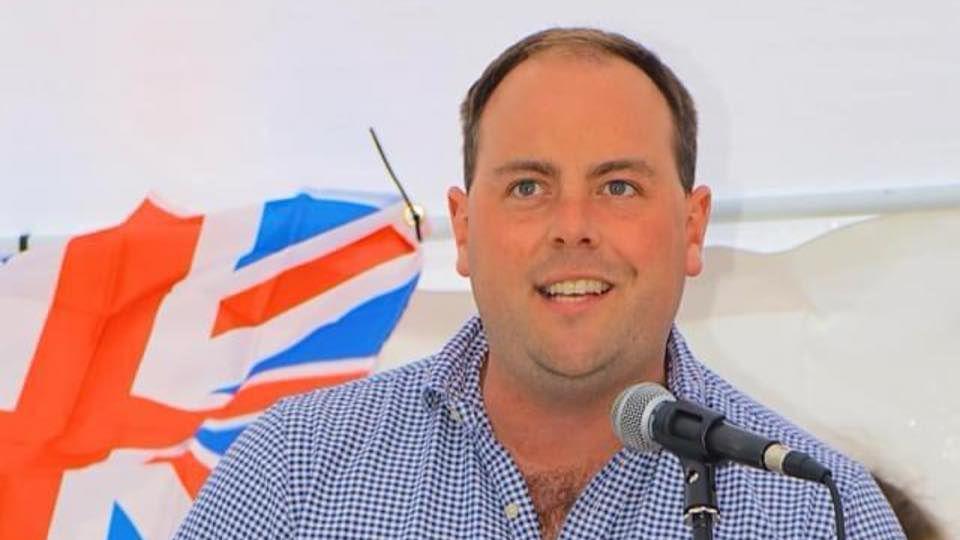Malnourished girl 'known to social services'

Northumberland County Council said the introduction of family hubs would make identifying families in need easier
- Published
A malnourished 13-year-old girl who weighed about two stone (13.8kg) had been known to social services for most of her life, a councillor has said.
Guy Renner-Thompson, from Northumberland County Council, said despite that, the teenager's health worsened when her situation "took a very quick turn".
His comments were made following a safeguarding review about the girl, known in the report as Sophia, which found she had suffered from levels of malnutrition "not seen in the UK".
Renner-Thompson said Sophia had been "on-and-off social services" but her poor health was not spotted for a number of reasons, including her school being closed during the pandemic.
"It really was in the last couple of years where things took a turn, you know - to do with her school not being open during the pandemic, transitioning to another school, and issues at home," he told BBC Radio Newcastle.
The review was commissioned by The Northumberland Children and Adult Safeguarding Partnership, which identified a number of lessons to be learnt from the case.

Guy Renner-Thompson said the council had made a number of changes to improve its social services
The 67-page document was written from Sophia's perspective as it was felt she had not been "seen or heard for such a long time".
In it, Sophia said she believed she would be "happier" and "taller" if her life had been different.
Renner-Thompson, who is the council's cabinet member for children and young people, said he wanted to make sure the local authority had done everything it could to make sure a similar situation did not happen again.
He said one of the problems found in the report was, in some cases, there was little cross-checking between different agencies.
"There was one example where some police officers visited the home and they left saying everything is fine," he said.
"A GP commented later that the fact the child was so small and in a wheelchair, despite being able to talk and being quite happy and bubbly, should have raised alarm bells."
Renner-Thompson said the council's introduction of family hubs was a solution to that problem, as it allowed families with issues to be identified and for partner organisations to be brought together "in the same room".
He said the report did not blame a single organisation and all process in place had been followed correctly.
But he admitted that while those processes worked 99% of the time, they were found to be lacking in "very extreme cases".
"I think the conclusions of the review would say that if there were different processes in place, it could have been prevented," he said.
"This is why the processes involved have to be changed and have been changed, and have to be recognised as have being changed."
Additional reporting by Rachel Sweeney.
Follow BBC North East on X, external, Facebook, external, Nextdoor and Instagram, external.
Get in touch
Do you have a story suggestion for BBC Tyne?
Related topics
- Published18 July
